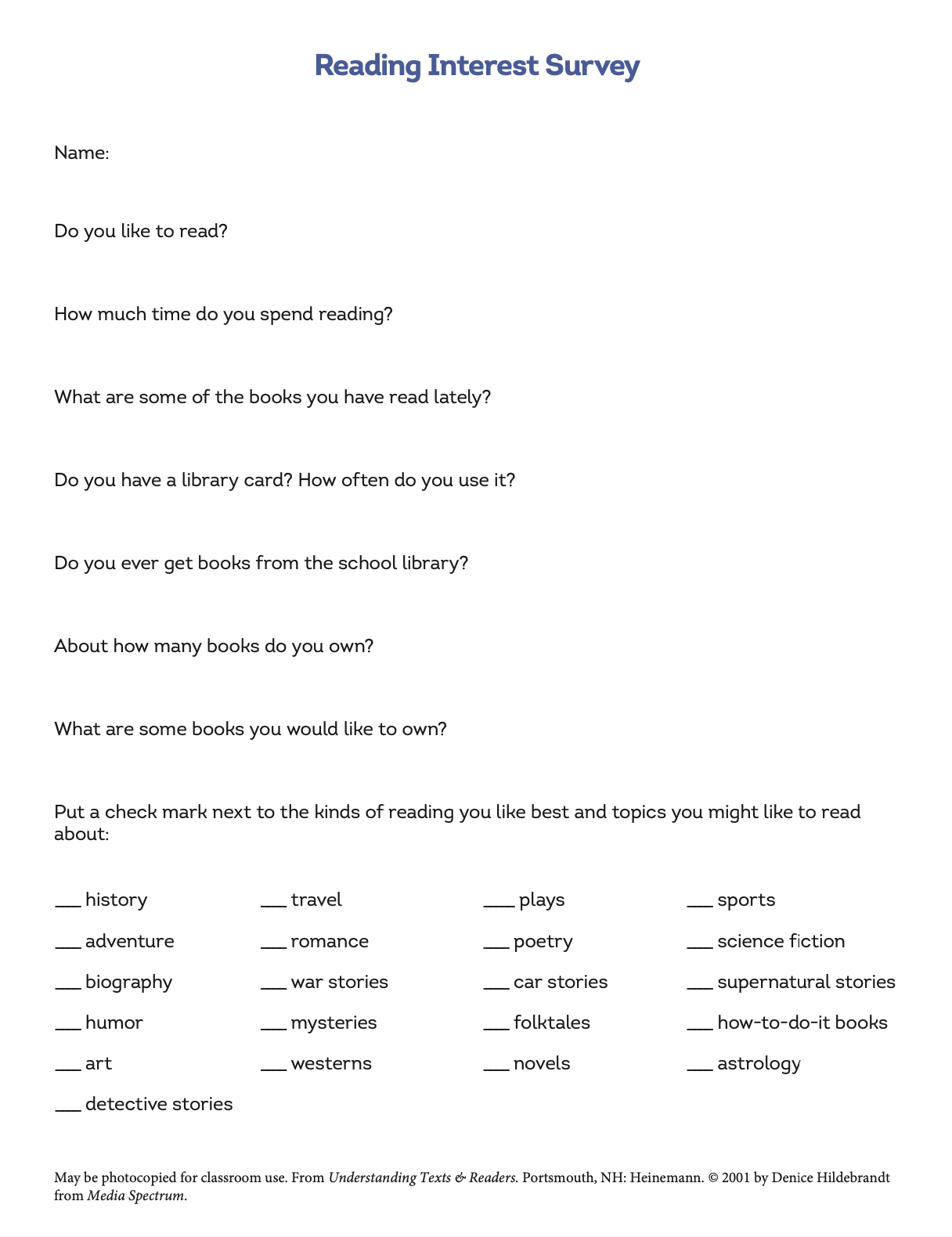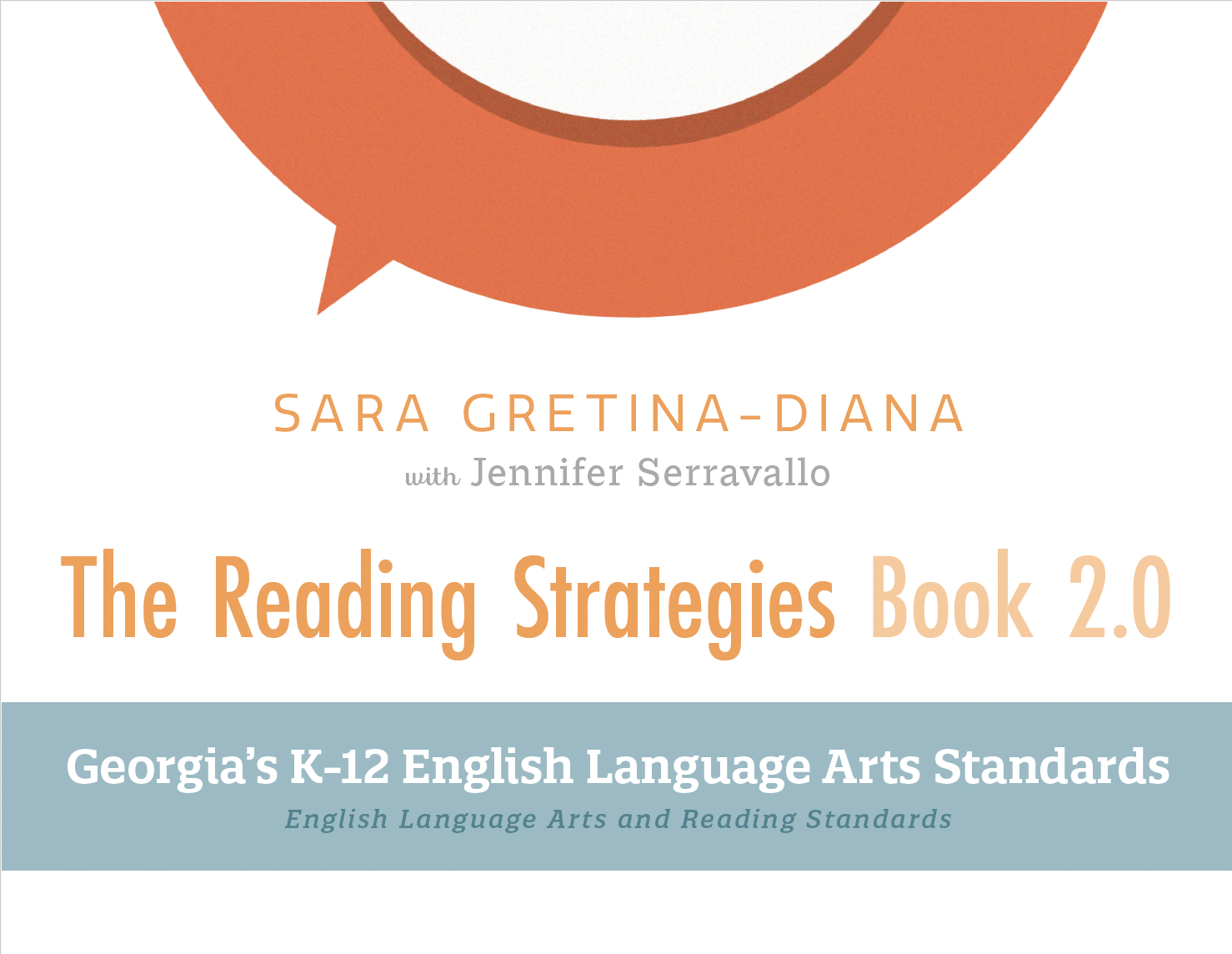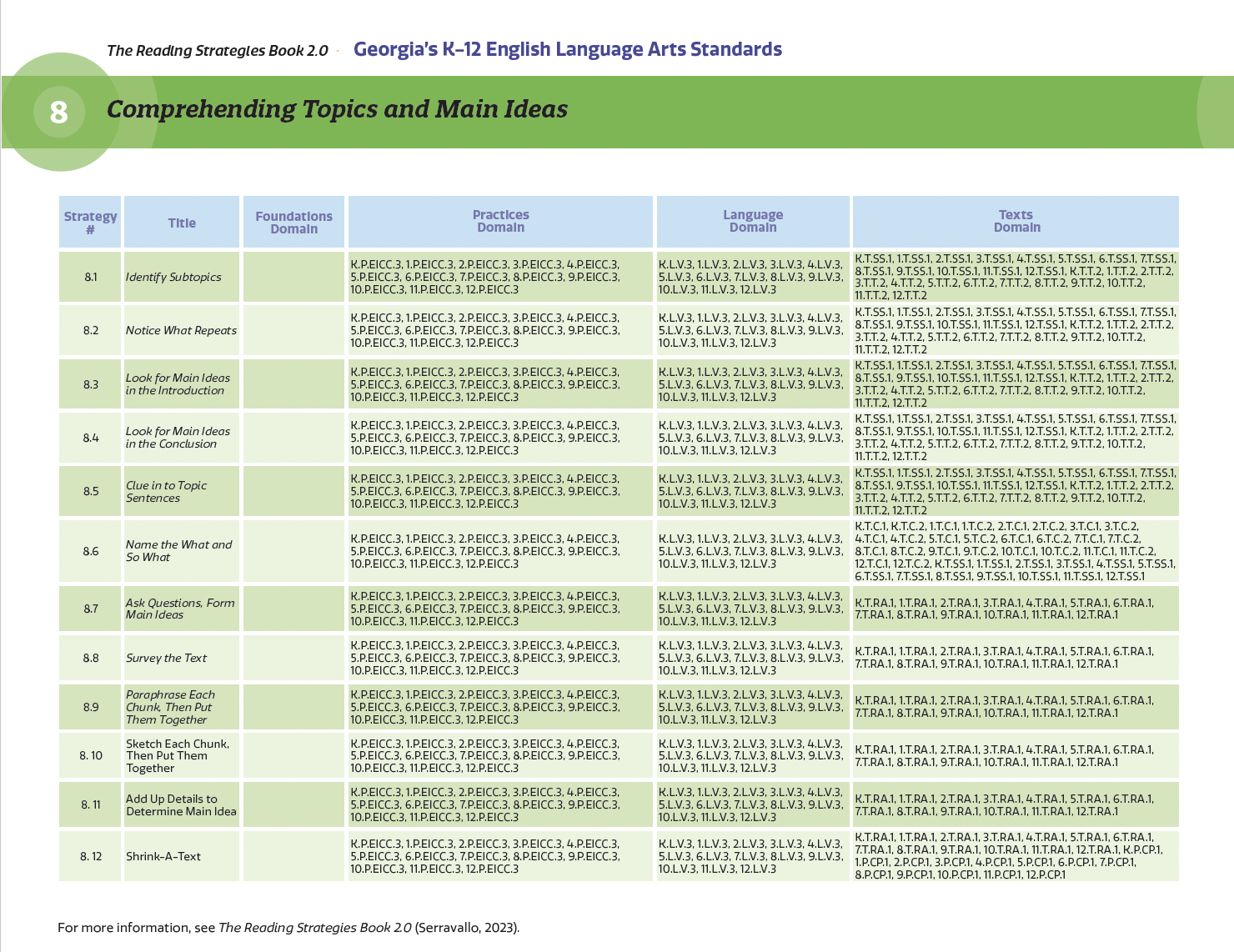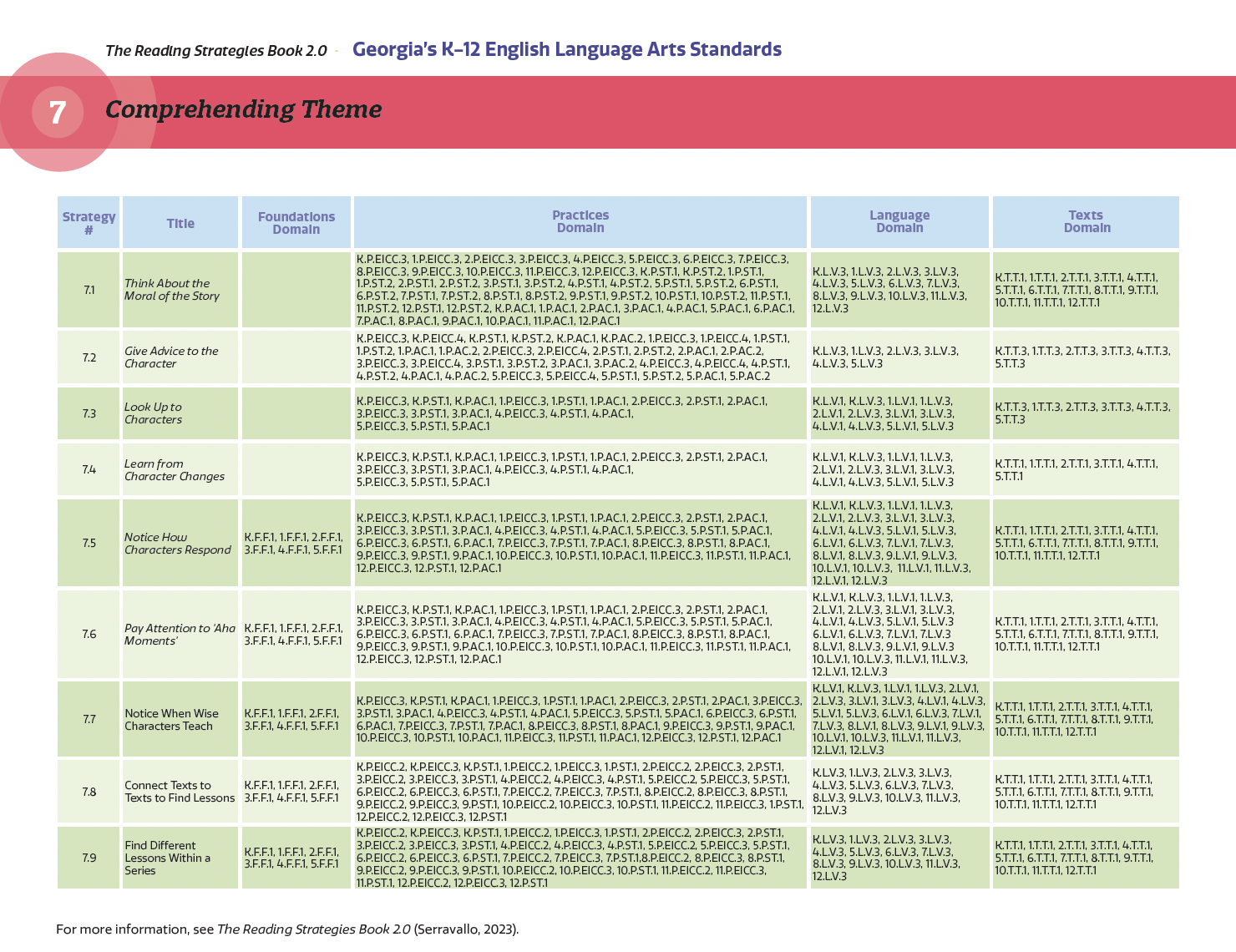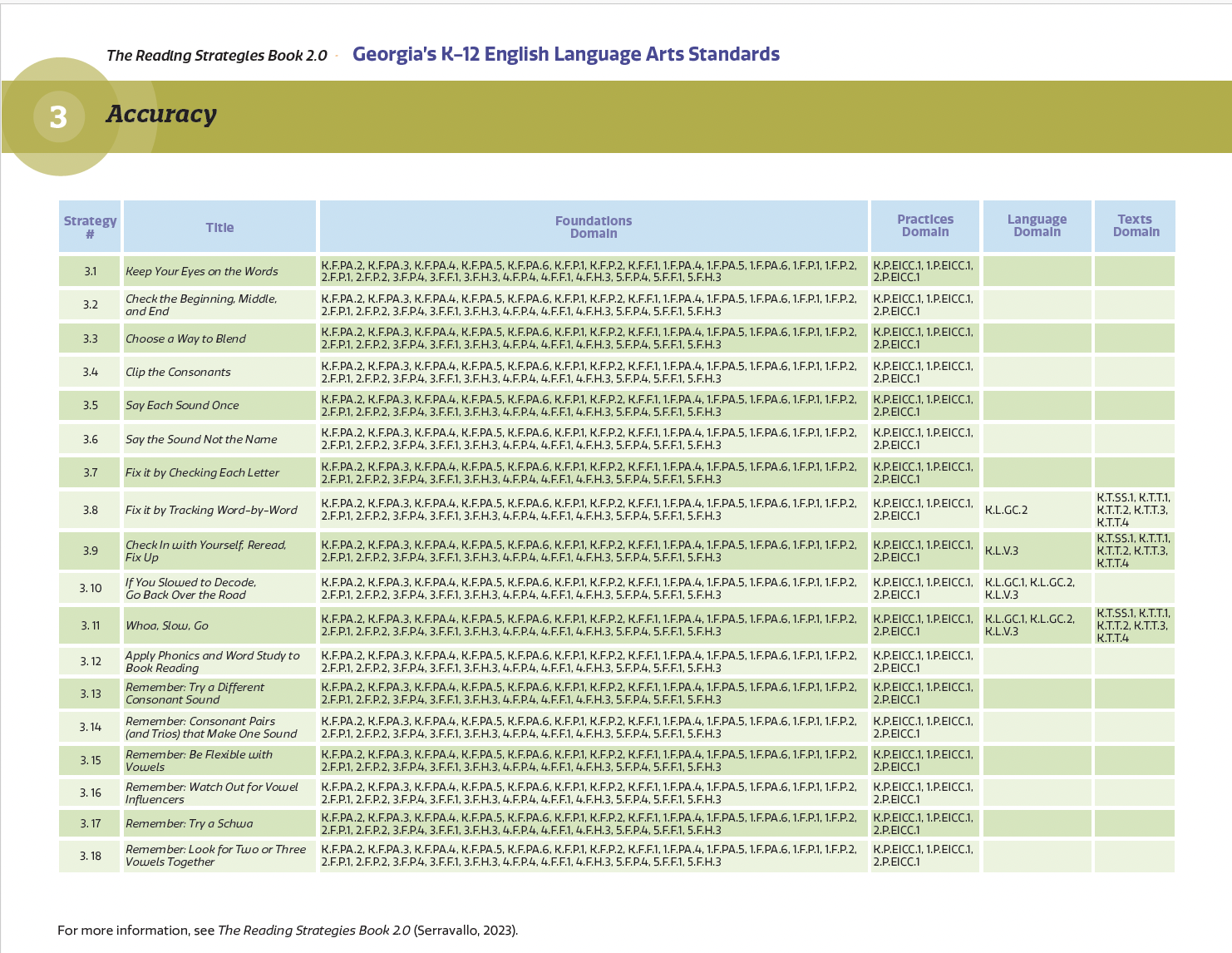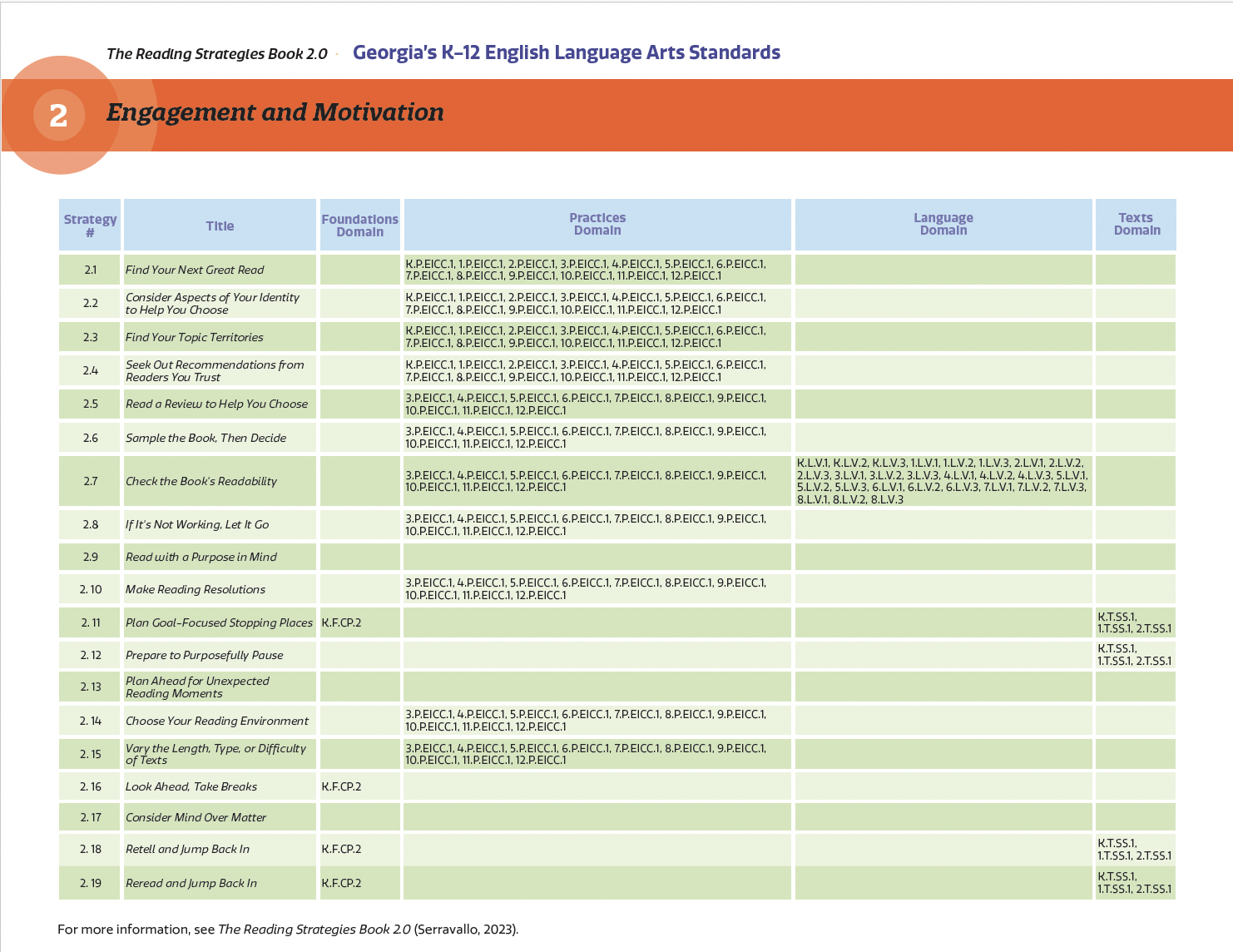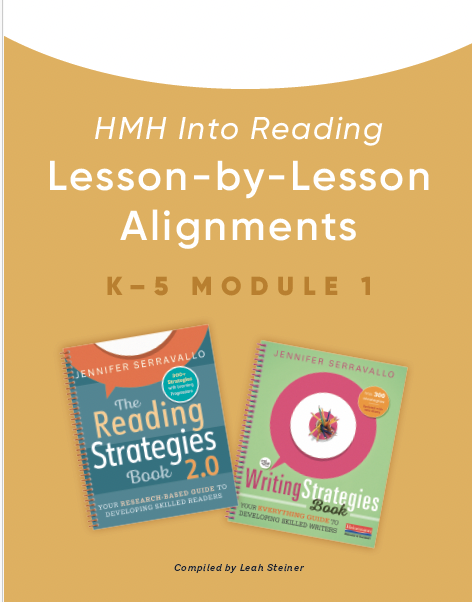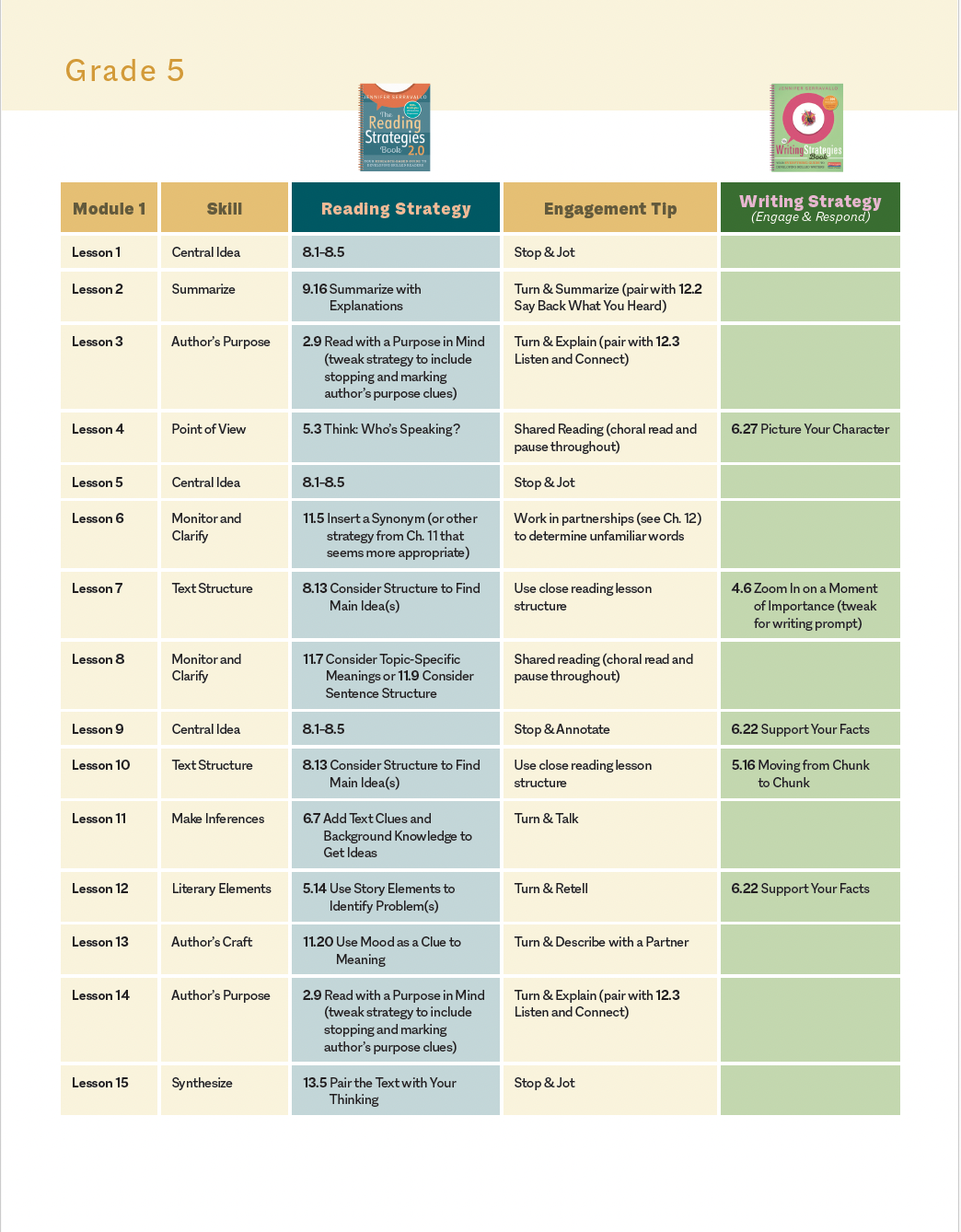 Image 1 of 4
Image 1 of 4

 Image 2 of 4
Image 2 of 4

 Image 3 of 4
Image 3 of 4

 Image 4 of 4
Image 4 of 4





Lesson Set: Grades 2-3 Animal Adaptations
Four full lesson plans appropriate for grades 2-3, aligned to ELA and Science standards. Utilizing the lesson plan formats in Teaching Reading Across the Day and strategies from The Reading Strategies Book 2.0.
A conceptually coherent, multimodal text set is designed to build a deep, transferable understanding. This set is focused on the science topic of adaptation—how plants and animals develop structures and behaviors that help them survive. Carefully selected to build knowledge in layers, the set includes a variety of genres and formats, including informational texts, narrative nonfiction, and educational video. Across texts, students explore how organisms' structures serve functions that support survival, growth, and interaction with their environments.
Each text contributes a unique perspective:
Ø What Do You Do with a Tail Like This? (Jenkins & Page)This “hook text” introduces a wide range of animals and their specialized body parts.
Ø What If You Had Animal Eyes!? (Markle) this easier informational text focuses on
how animals' eyes are adapted to their environments, comparing them to human
features in an engaging, imaginative structure
Ø The Truth About Butterfly Metamorphosis (It’s Very Weird) (PBS) this visual text
zooms in on the dramatic transformation of a butterfly, using visuals and
narration to explore life cycle adaptation.
Ø Can You Hear the Trees Talking? (Wohlleben) this challenging target text
expands the idea of adaptation to plant systems, exploring how trees absorb
water, make energy, and "breathe."
Together, these texts scaffold from broad adaptation concepts to specific
systems—animal body parts, life cycle changes, and plant physiology.
Four full lesson plans appropriate for grades 2-3, aligned to ELA and Science standards. Utilizing the lesson plan formats in Teaching Reading Across the Day and strategies from The Reading Strategies Book 2.0.
A conceptually coherent, multimodal text set is designed to build a deep, transferable understanding. This set is focused on the science topic of adaptation—how plants and animals develop structures and behaviors that help them survive. Carefully selected to build knowledge in layers, the set includes a variety of genres and formats, including informational texts, narrative nonfiction, and educational video. Across texts, students explore how organisms' structures serve functions that support survival, growth, and interaction with their environments.
Each text contributes a unique perspective:
Ø What Do You Do with a Tail Like This? (Jenkins & Page)This “hook text” introduces a wide range of animals and their specialized body parts.
Ø What If You Had Animal Eyes!? (Markle) this easier informational text focuses on
how animals' eyes are adapted to their environments, comparing them to human
features in an engaging, imaginative structure
Ø The Truth About Butterfly Metamorphosis (It’s Very Weird) (PBS) this visual text
zooms in on the dramatic transformation of a butterfly, using visuals and
narration to explore life cycle adaptation.
Ø Can You Hear the Trees Talking? (Wohlleben) this challenging target text
expands the idea of adaptation to plant systems, exploring how trees absorb
water, make energy, and "breathe."
Together, these texts scaffold from broad adaptation concepts to specific
systems—animal body parts, life cycle changes, and plant physiology.


